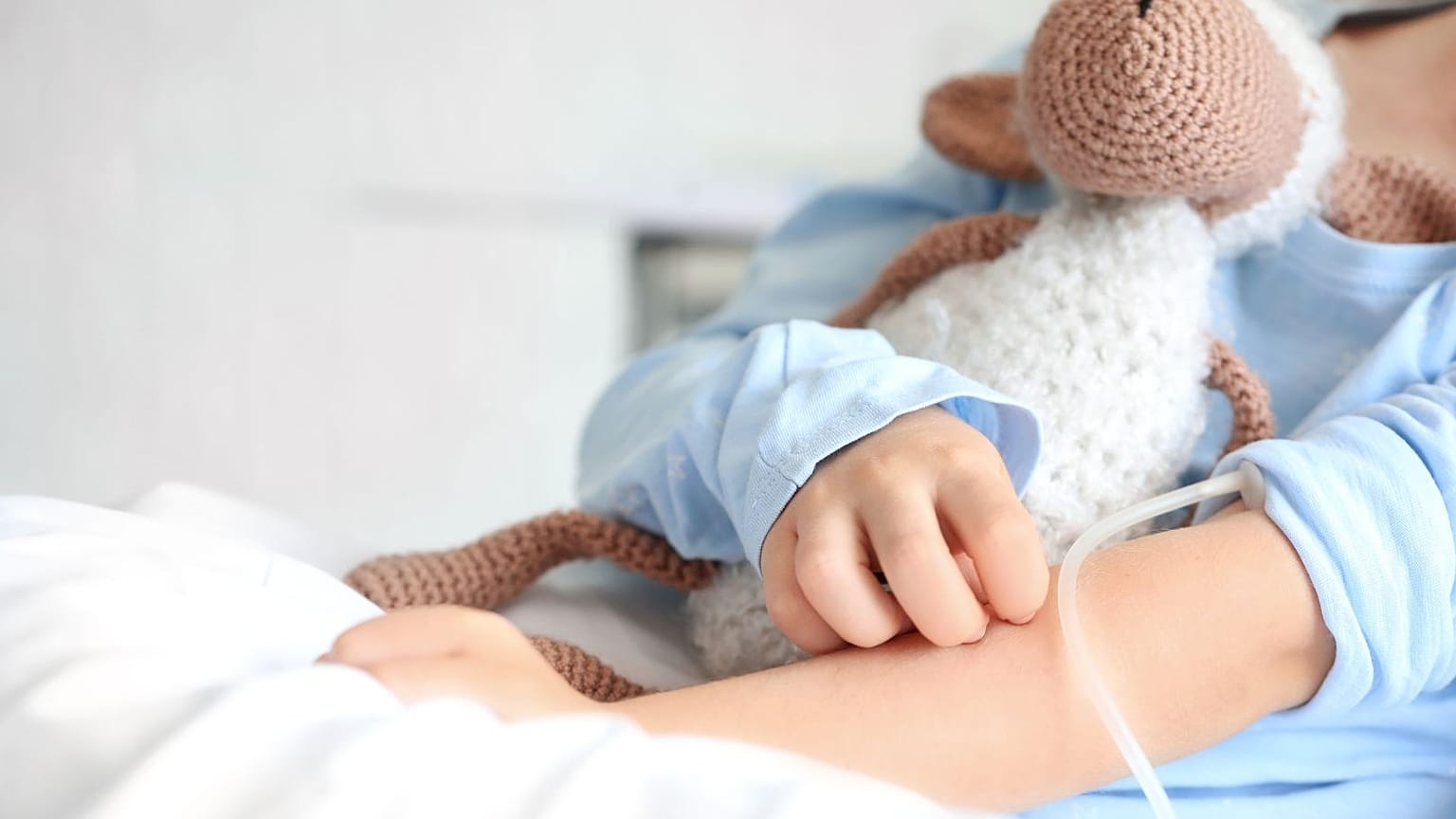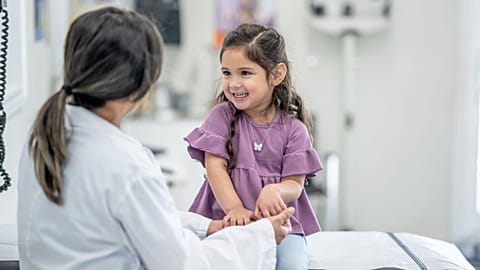'These results are what we hoped for when we first began developing this approach,' one researcher said.
An experimental gene therapy has successfully treated dozens of children with a rare and fatal immune disorder, a promising sign that it could one day be defeated.
The study included 62 children with adenosine deaminase-deficient severe combined immunodeficiency (ADA-SCID) – a disorder caused by genetic mutations that leave children without working immune systems, making them extremely vulnerable to infections.
Existing therapies for ADA-SCID are expensive and risky, but without treatment it is often fatal within the first two years of life.
The new treatment involves collecting a child’s blood stem cells – which create immune cells – and inserting a virus that delivers a healthy copy of the ADA gene. The corrected cells are then infused back into the patient, allowing them to produce healthy immune cells.
After the procedure, it takes six to 12 months for the immune system to reach normal levels, the researchers said.
Fifty-nine patients were successfully treated with the gene therapy between 2012 and 2019. Since then, their immune functions have remained stable and they have not reported serious complications.
Five of the children are still healthy more than a decade later.
The researchers said the study, published in the New England Journal of Medicine, is the largest and longest follow-up of a gene therapy of this kind.
The results are “remarkable,” according to Dr Donald Kohn, a paediatric bone marrow transplant physician at the University of California, Los Angeles, who co-developed the treatment with scientists from the United Kingdom.
“These results are what we hoped for when we first began developing this approach,” Kohn said in a statement.
Most of the children’s side effects were mild or moderate, and they tended to be related to routine procedures rather than the gene therapy itself, the researchers said.
In the three cases where the gene therapy did not work, those patients were able to resume standard care.
Notably, more than half of the children received stem cells that had been frozen, and their outcomes were similar to those who received fresh infusions. That indicates the therapy could be made more accessible to patients worldwide.
“This removes the need for patients and their families to travel long distances to specialist centres,” said Dr Katelyn Masiuk, one of the study’s authors and a former leader on Kohn’s team.
The researchers now plan to seek regulatory approval from the US Food and Drug Administration (FDA). They are already working with commercial partners to make the treatment.
Kohn said he hopes the gene therapy will be publicly available within two to three years.
The experimental treatment has already been life-changing for children with ADA-SCID, including 11-year-old Eliana Nachem from the US state of Virginia.
She was diagnosed with the disorder at three months old in 2014, forcing her family to take drastic steps to prevent her from getting sick. Her parents got rid of their pets, kept her inside, and kept air filters running constantly.
“Everything that might harbour germs was dangerous to her,” her mother, Caroline, said in a release.
Eliana underwent the experimental treatment at 10 months old, and despite some early complications, she has recovered and now has a normal childhood.
“I remember thinking, she’s born again, and now we just get to watch her grow,” Caroline said.


















